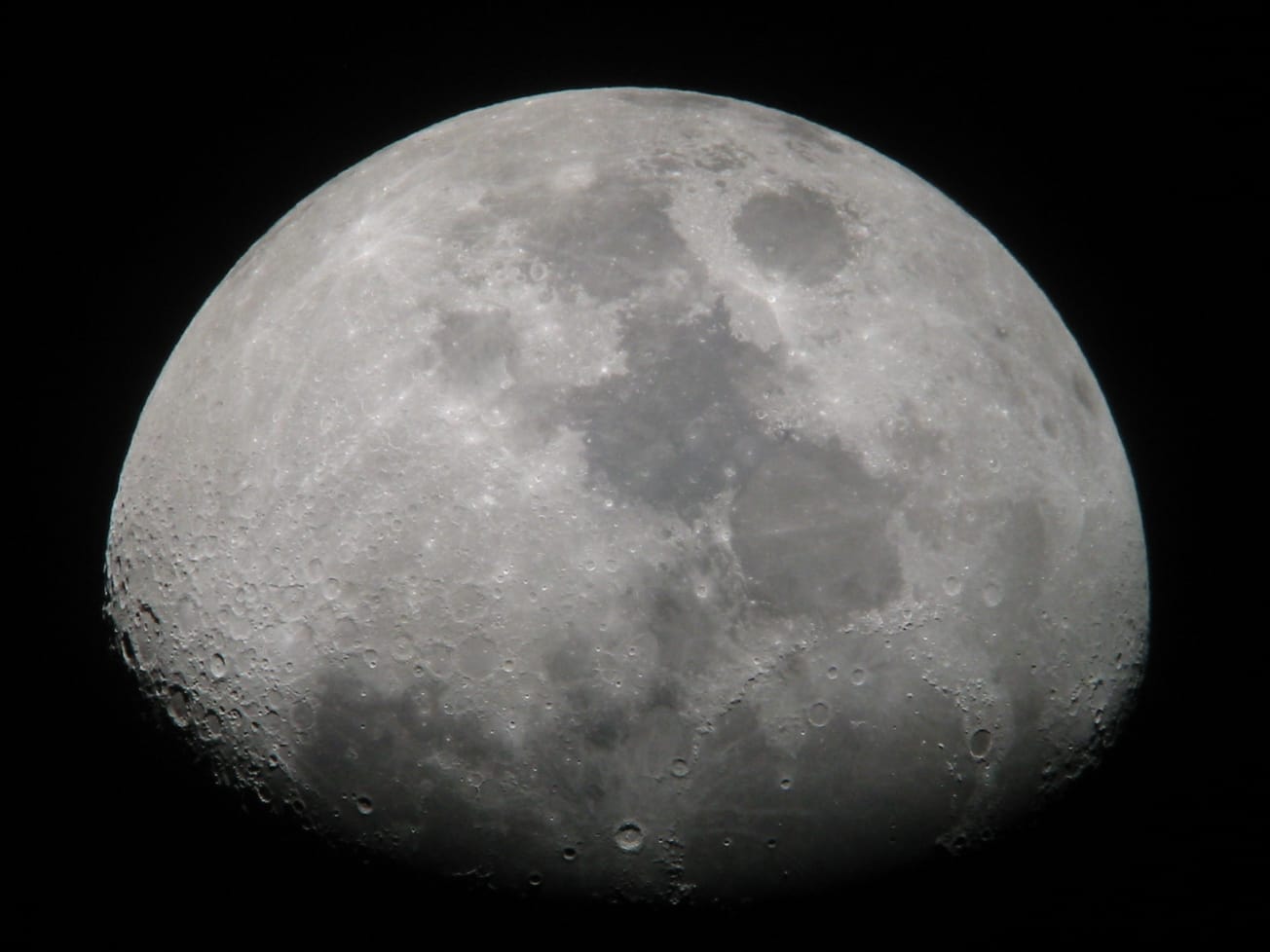Valli McAdam investigates the damaging effect that detergents may be having on our environment.
You would need to be living under a rock not to have seen or heard about the internet’s most terrifying and stupid craze - “eating” Tide Pods. A worryingly large number of people have been taking to social media to video themselves having a taste of some of the toxic chemicals that are inside Tide Pods. But it doesn’t take a genius to understand that, as tasty as they might look, the chemicals within have the power to kill you.
These chemicals will eventually find their way into streams and other natural water bodies.
This intriguing yet ridiculous fashion is however, in most cases, a complete fad. Most of the people stupid enough to put these chemicals in their mouths are at least spitting them out - thank God. With the exception of JR, a 17-year-old from the US who was just moments away from death after corroding his oesophagus and burning his stomach, because he decided it would be a good idea to swallow the stuff. Although he survived, he will have to live with the long-lasting damage.
But if this is the consequence that consuming such powerful chemicals has on our own bodies, it poses the question - are these detergents doing similar damage to our environment? It is inevitable that after passing through our sewers, these chemicals will eventually find their way into streams and other natural water bodies.
Photo by Patrick Hendry / Unsplash
One of the huge problems caused by our large-scale use of laundry detergents is the eutrophication of rivers. The phosphorus and nitrogen-containing compounds in detergents collect in rivers and, although this enables increased growth of aquatic plants, it also leads to increased oxygen consumption when these plants die and decompose. Without sufficient oxygen, fish and aquatic organisms die. But this isn’t the only way detergents disrupt our aquatic organisms; the surfactants present in detergents also effect the natural defences of these organisms leaving them vulnerable to disease as they’re unable to defend themselves against pathogens. These surfactants, e.g. ethylene glycol, also disrupt the hormonal system of aquatic animals which is likely to affect their reproduction and many other hormone-controlled systems in the body. This is all without even considering the severe environmental problems caused by the production/disposal of packaging and the transportation of these detergents from factories to shops.
The good news is that EU rules have improved considerably over the last 40 years. The updated laws insist on enhanced biodegradability requirements and facilities for placing biodegradable products on the market. They also call for the treatment of waste water and a ban on foaming surfactants (contrary to popular belief, foam actually reduces washing efficiency, as foaming causes water to mix with air rather than with grease).
A challenge faced by scientists is replacing the chemicals that are bad for the environment, such as phosphates, with alternative substances.
There have been movements towards the production of more biodegradable detergents in an attempt to uphold these environmental standards. However, there are often problems with reproducing the outside conditions inside the laboratory, so there is lots of room for improvement. Another challenge faced by scientists is replacing the chemicals that are bad for the environment, such as phosphates, with alternative substances. These must not cause health problems and should actually benefit the environment as well as working effectively in detergents.
But what can I do? How can I help when my clothes need washing? It’s all about making the small changes in our own homes; every little helps.
For example, a good place to start would be ensuring you don’t use more than the recommended amount of detergent- or even better, use less! Companies selling detergents are out to make money so they’re likely to recommend a larger amount than is perhaps necessary. As well as our fish, cutting down will also help save the pennies.
Another top tip is to keep your eyes peeled for eco-friendly laundry detergents, there are more choices available than you might think, Molly Suds and Biokleen are just two of the options available, both of which were given an A grade by the Environmental Working Group. Maybe a simple change we can all make is only washing things that really need it, I’m not saying you shouldn’t wash the top you wore after a heavy night in Lakota but wearing the same pair of jeans a couple of days in a row hopefully won’t cause too many complaints.
Featured image: Unsplash / Parker Burchfield










